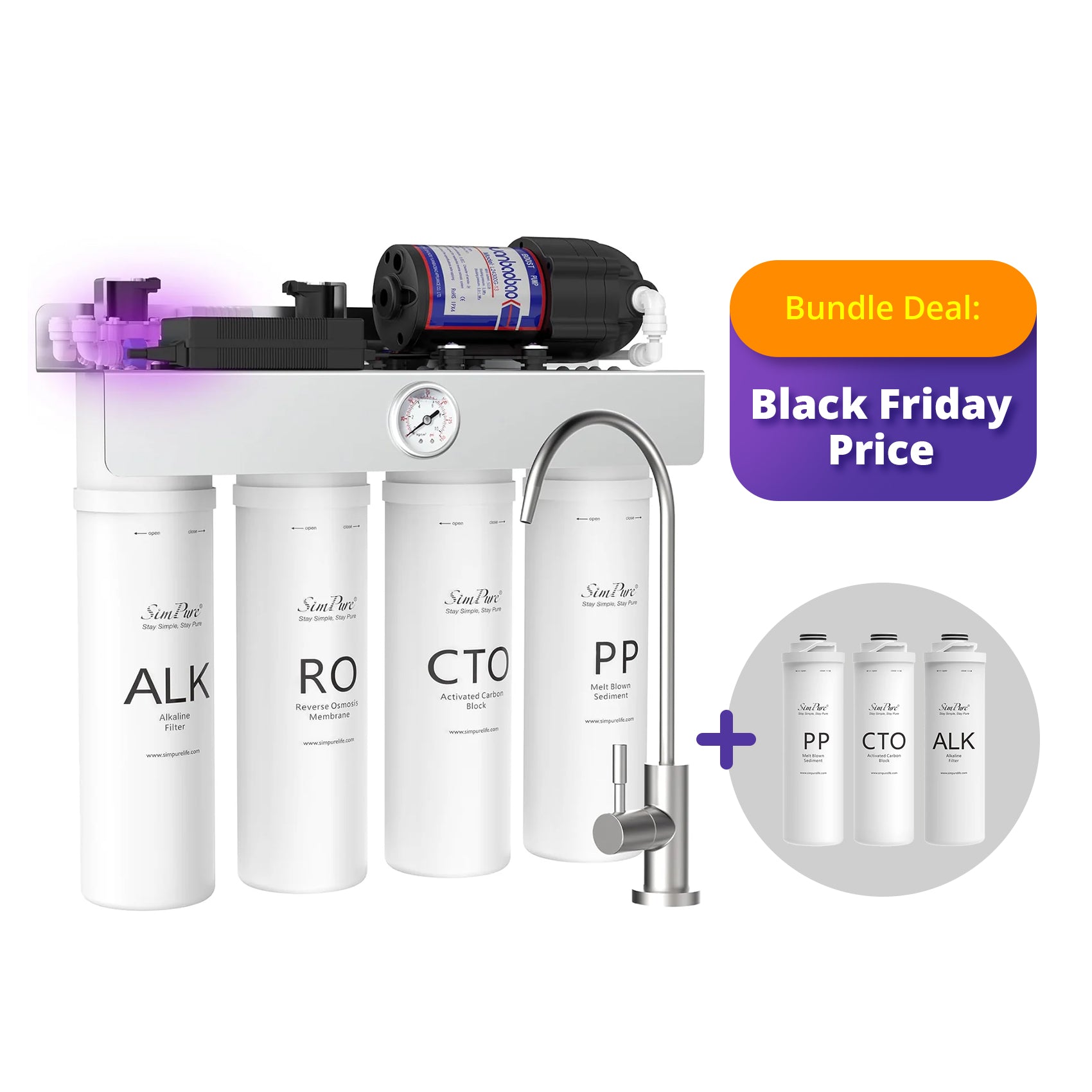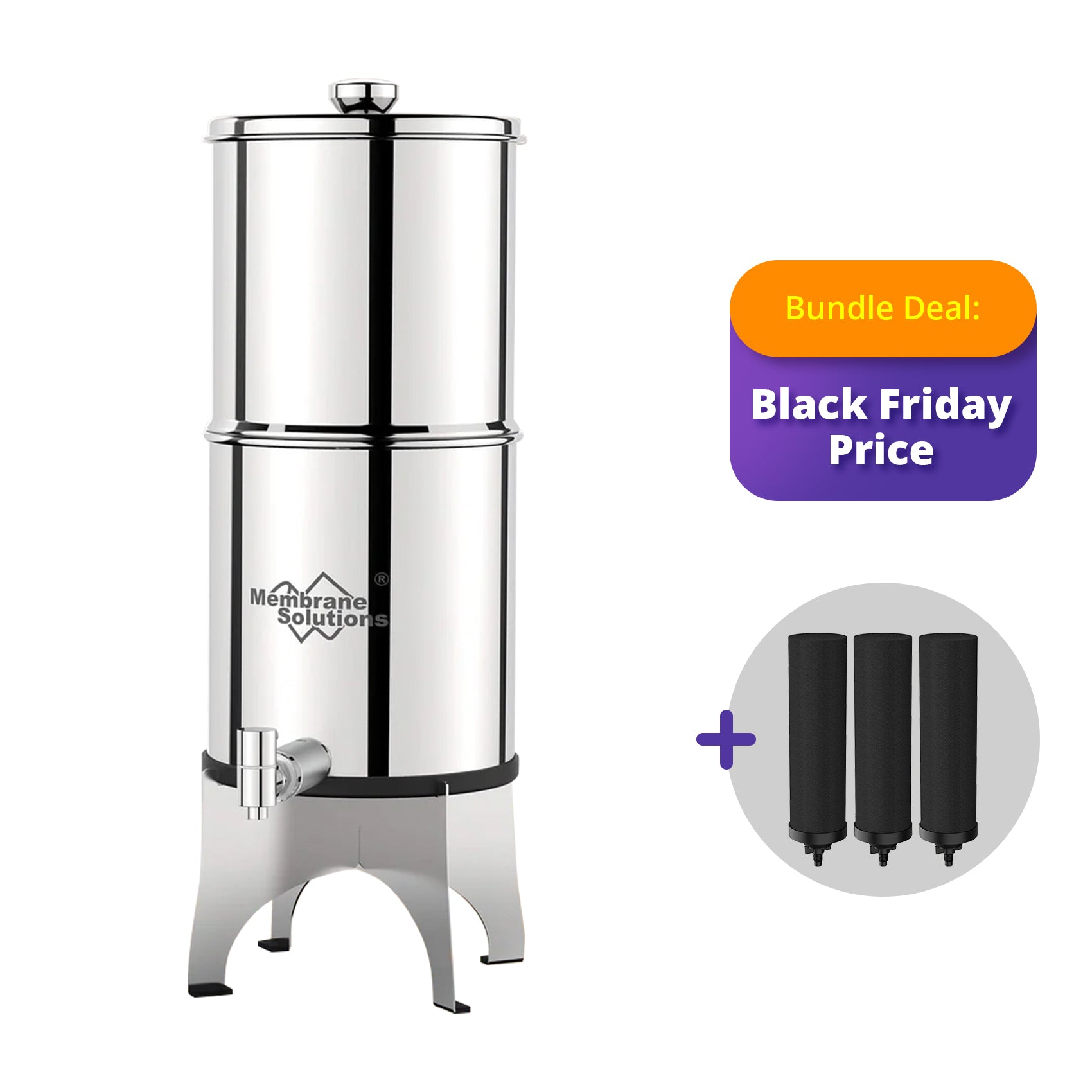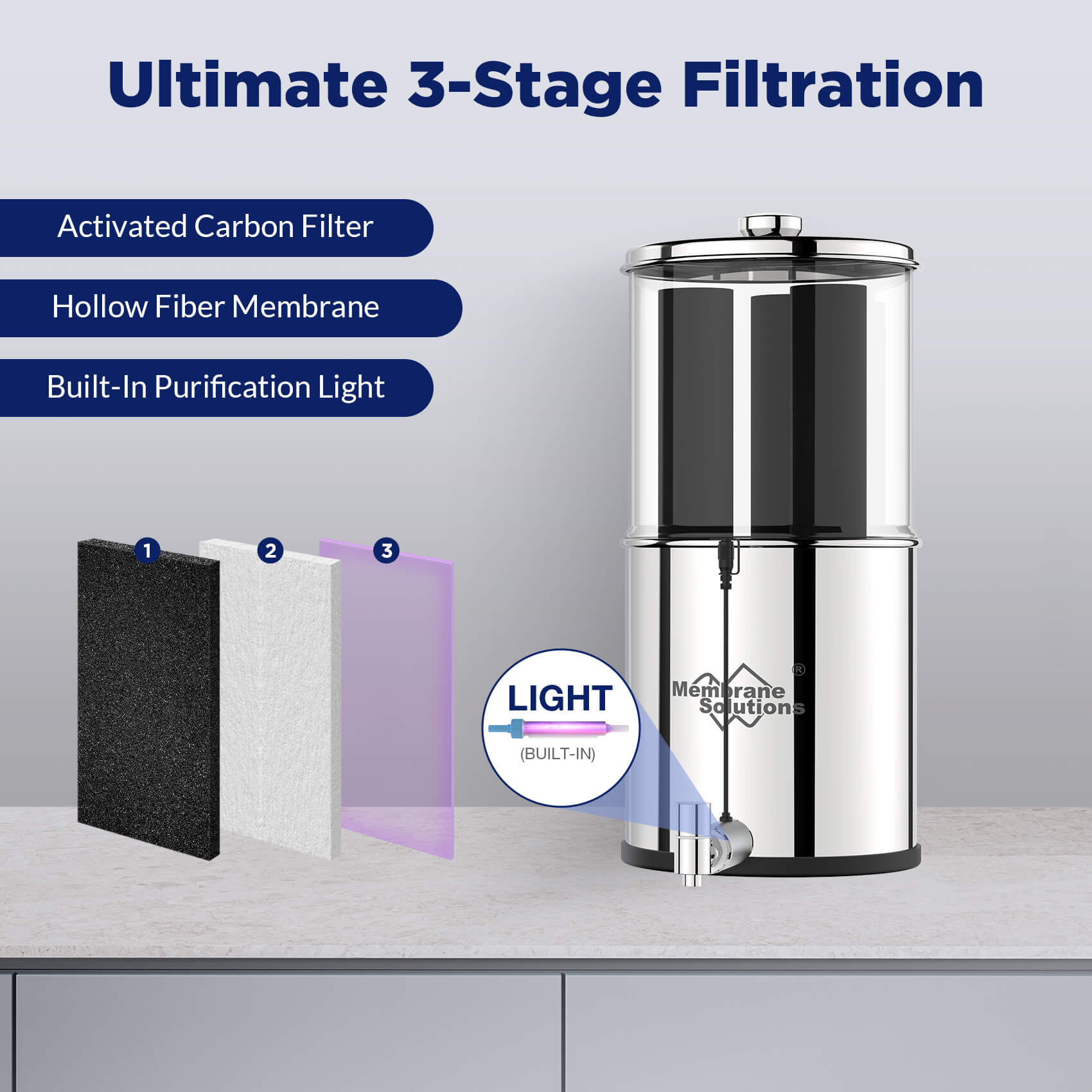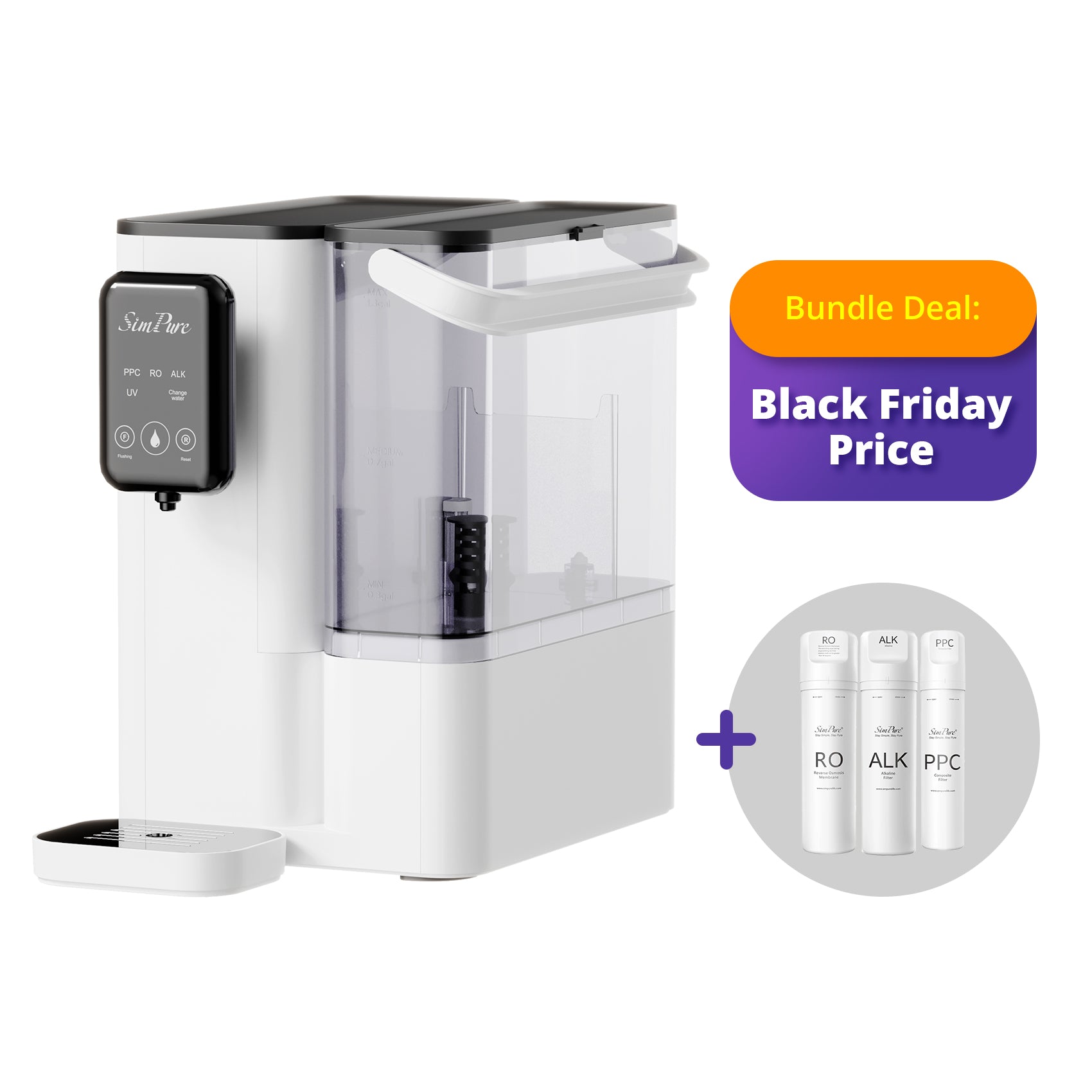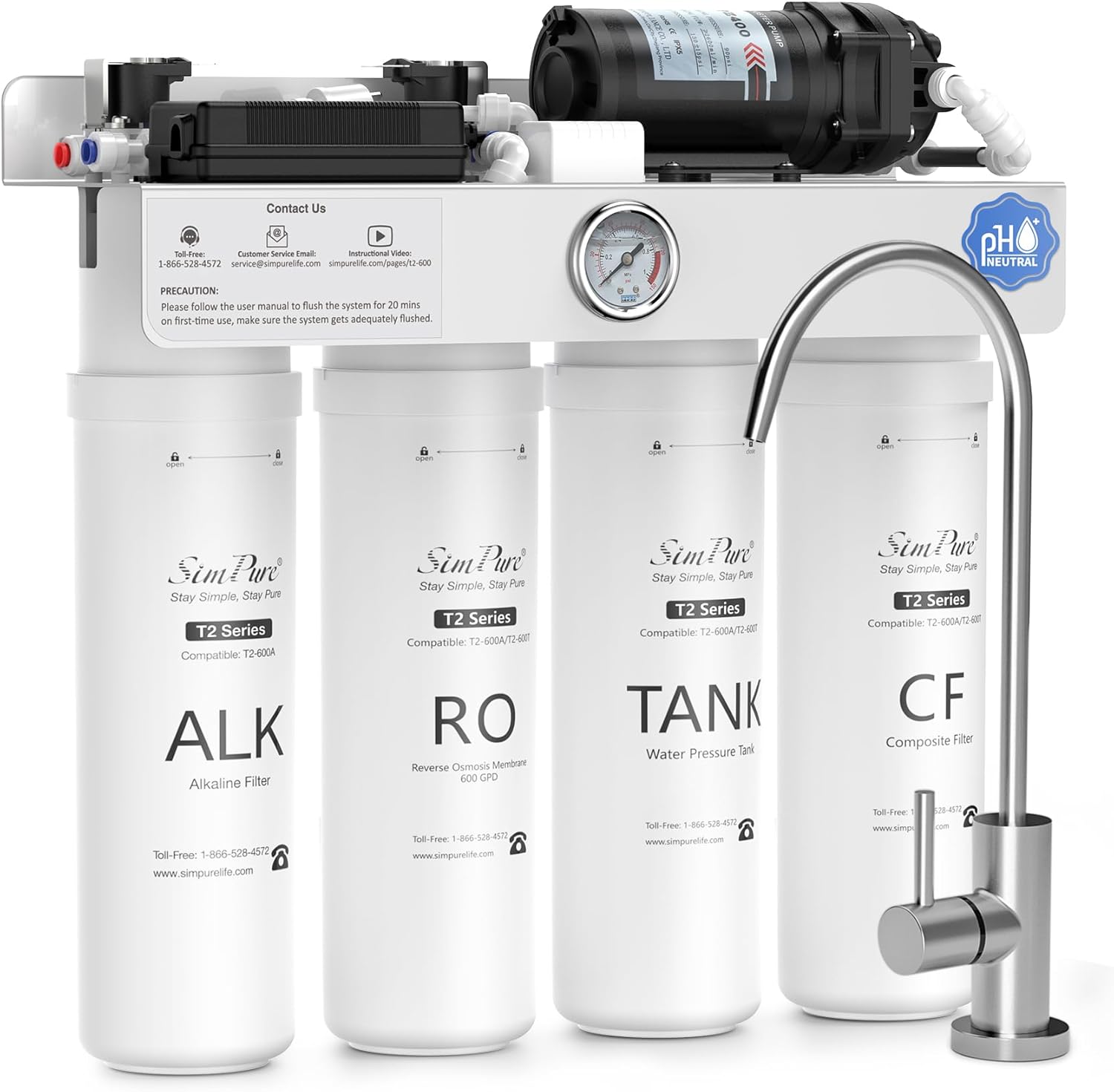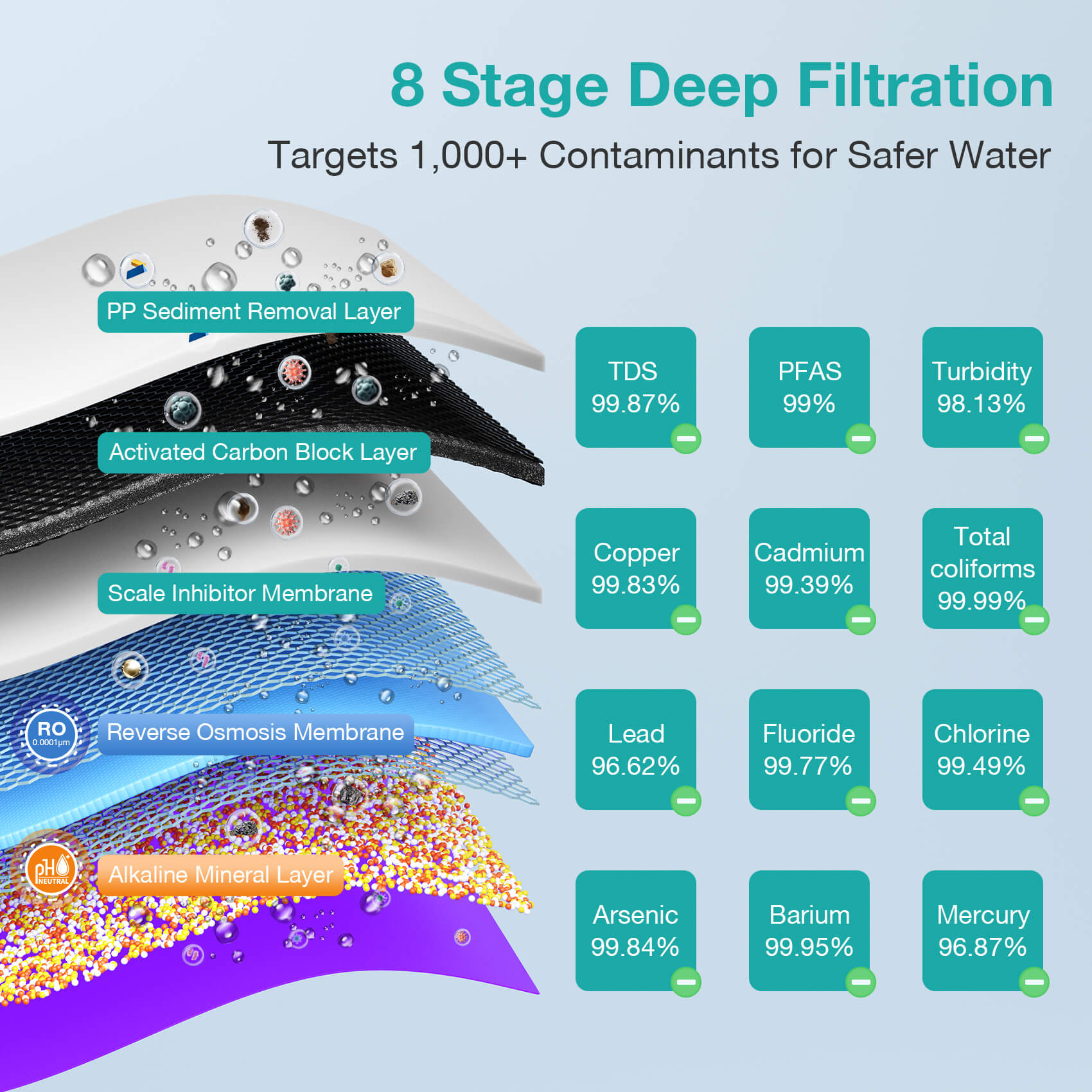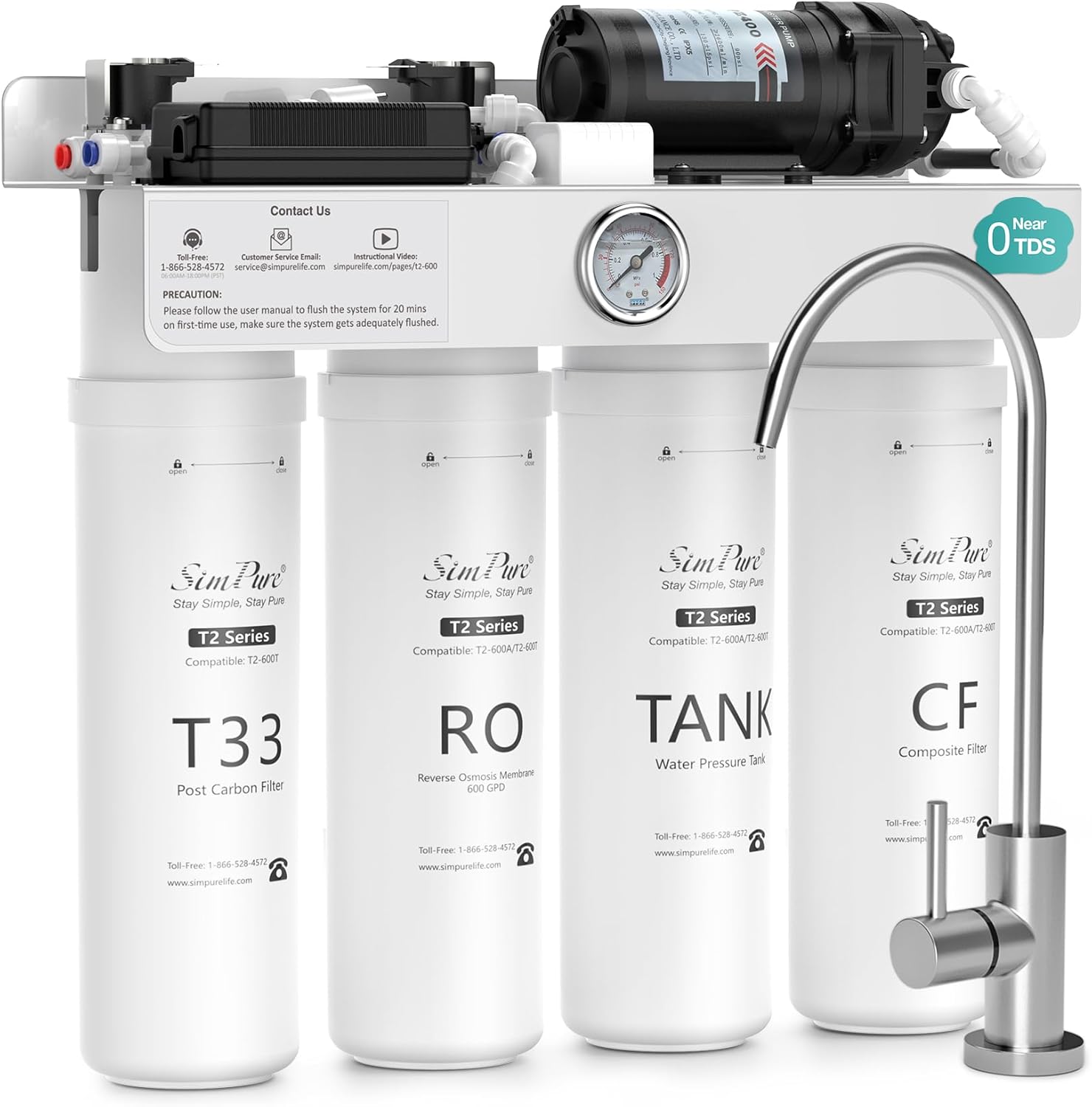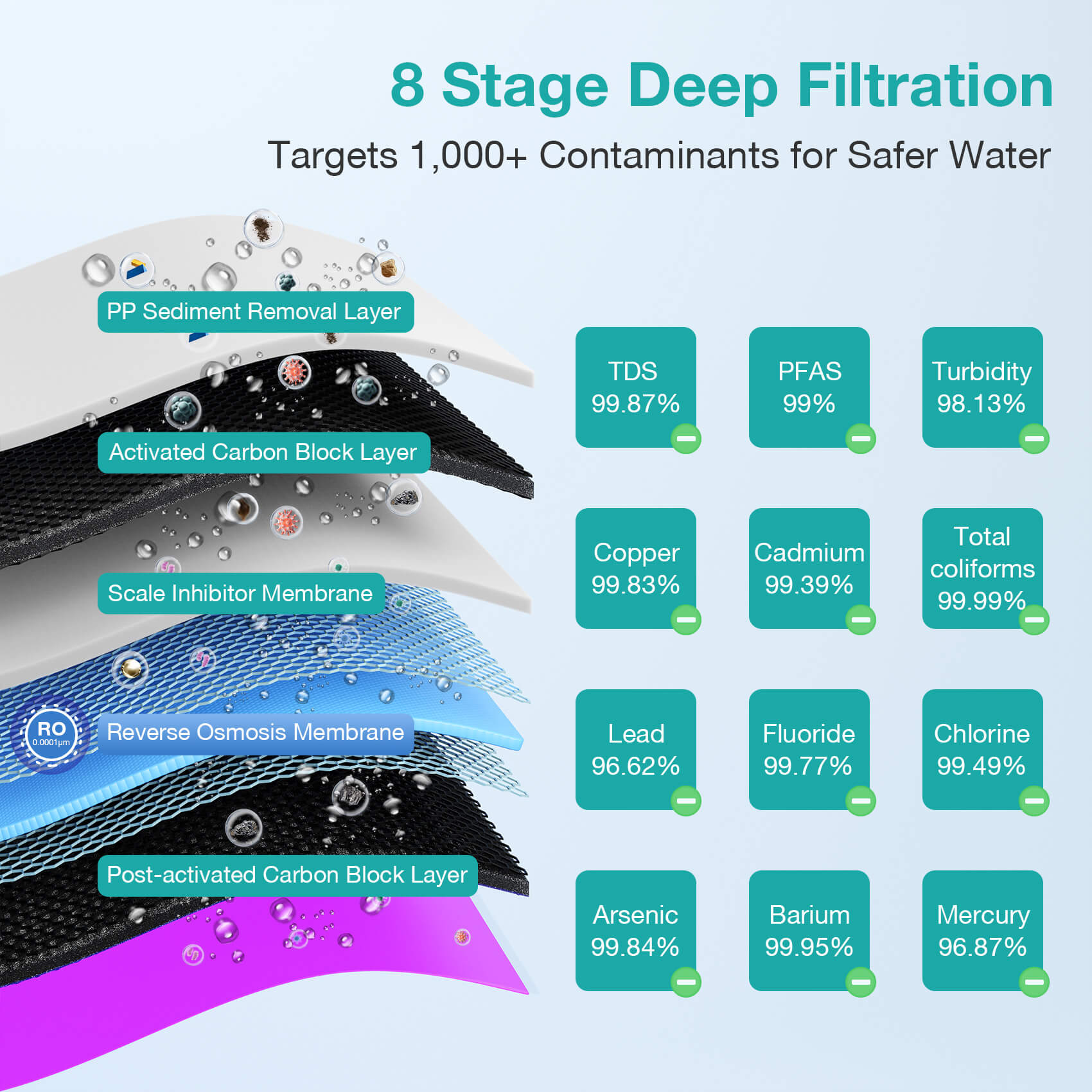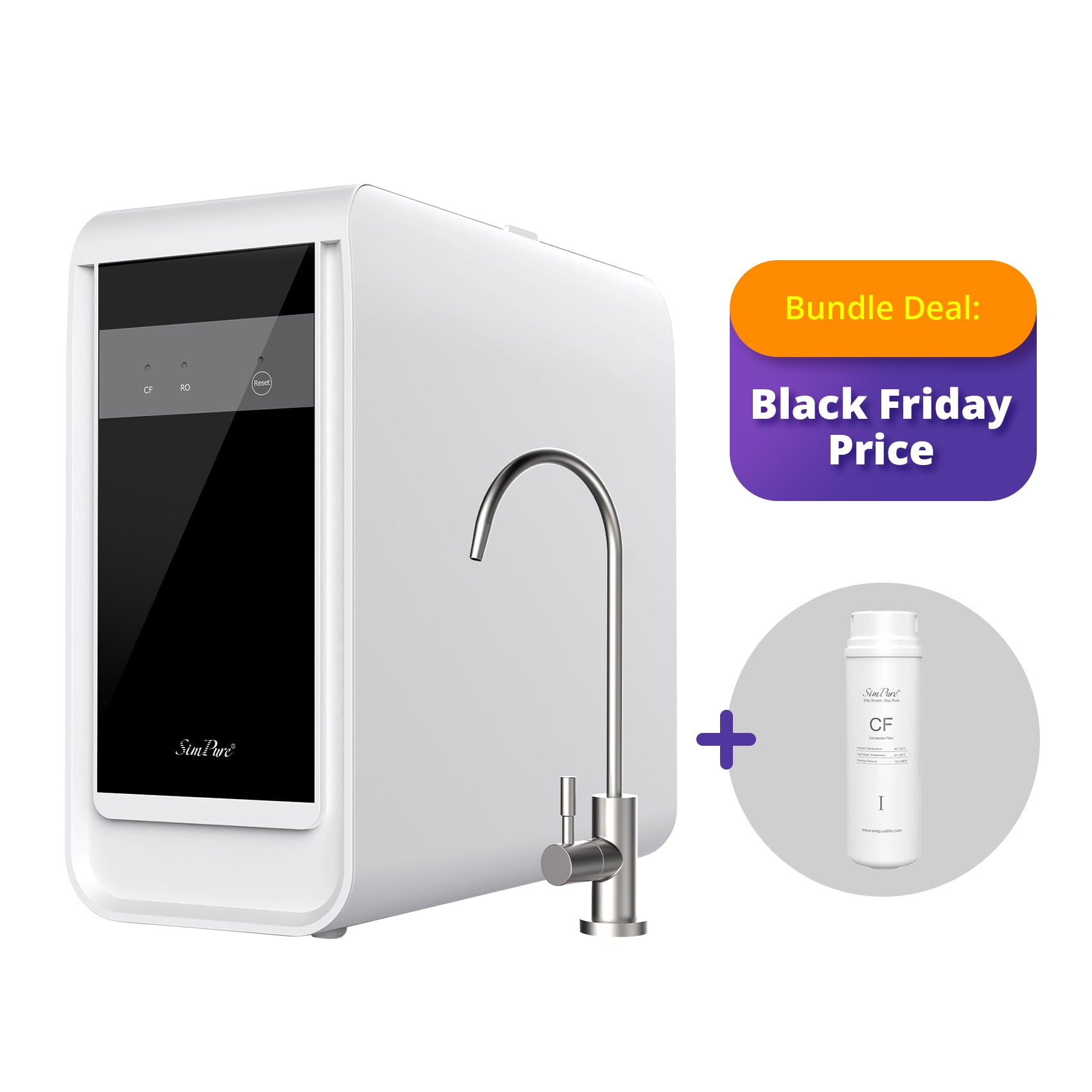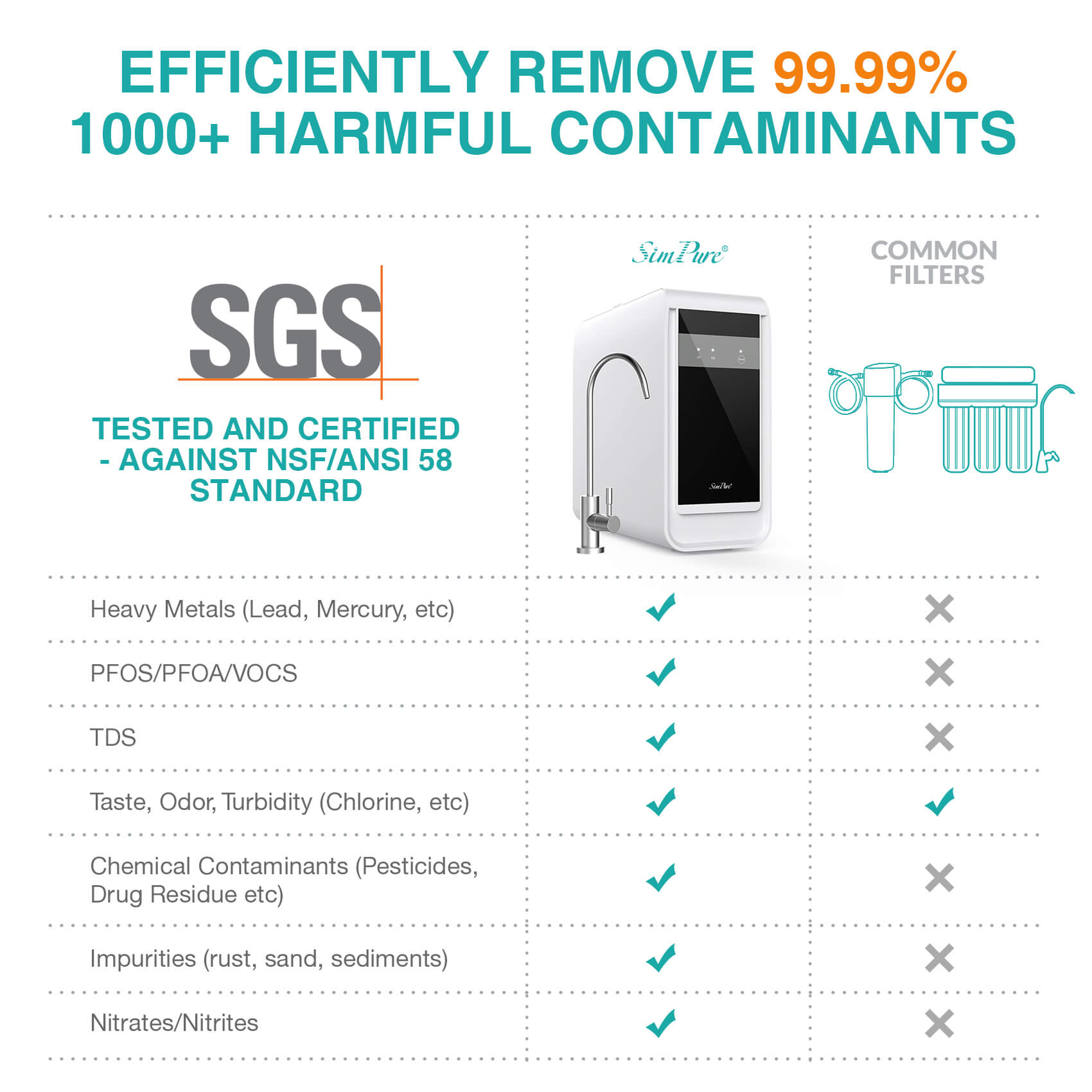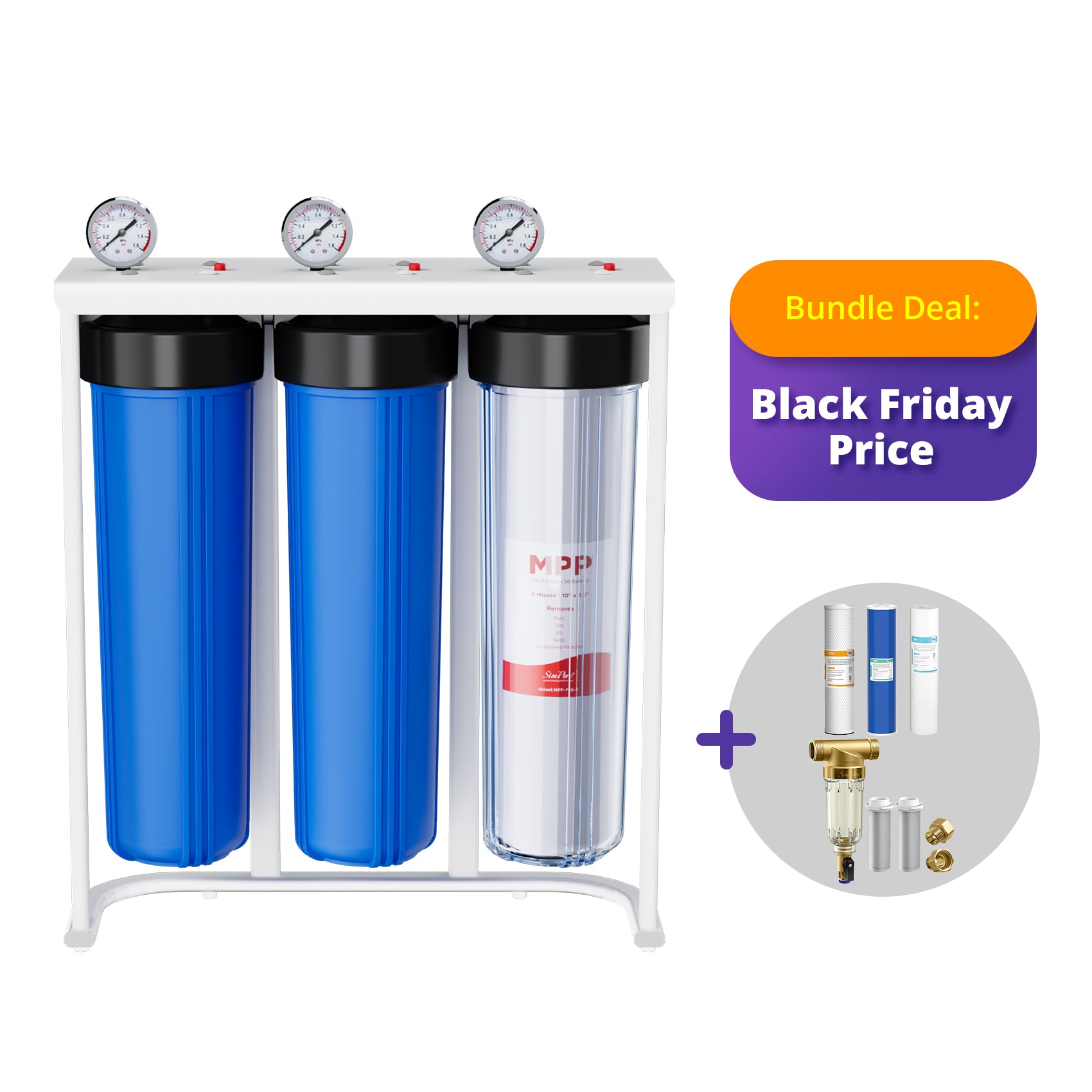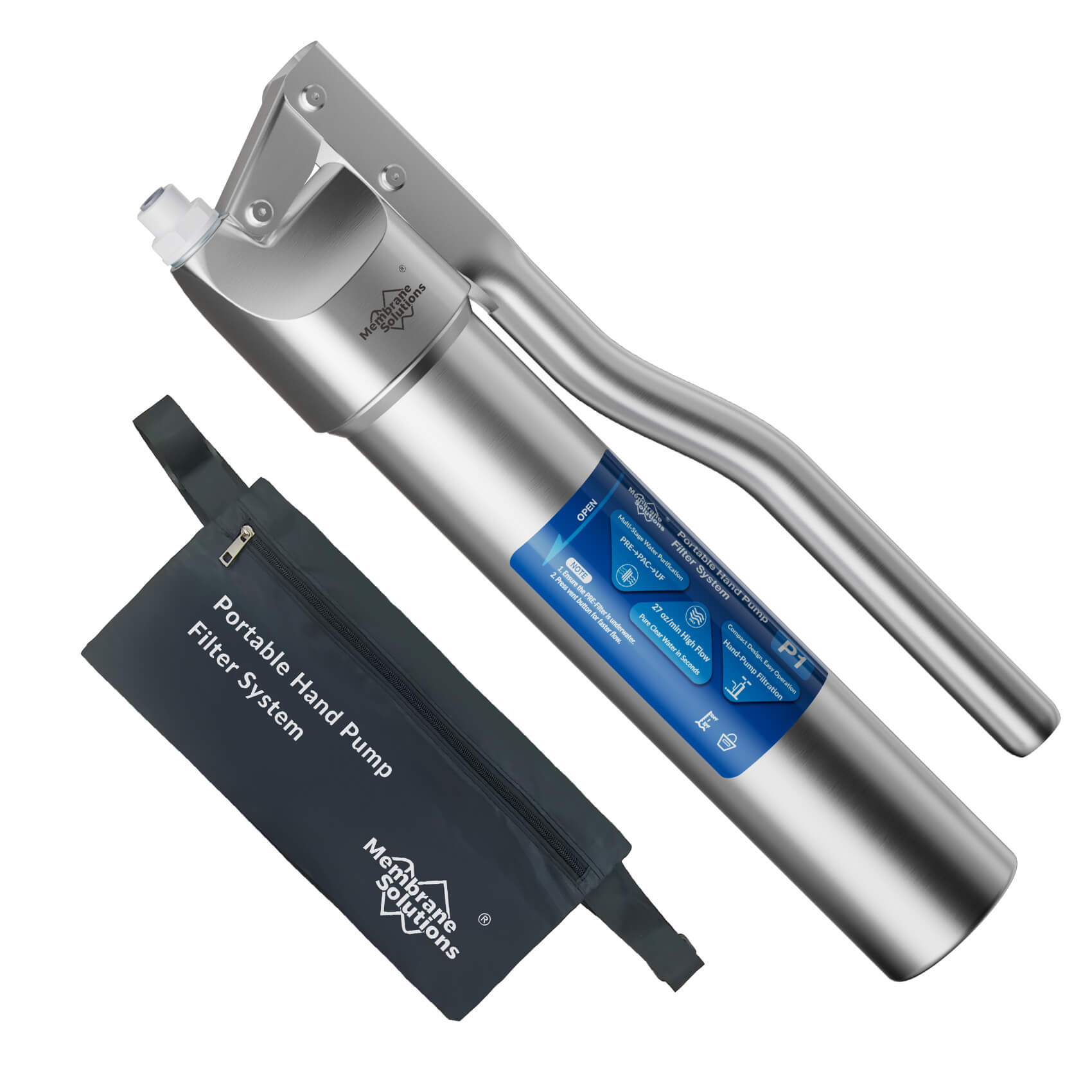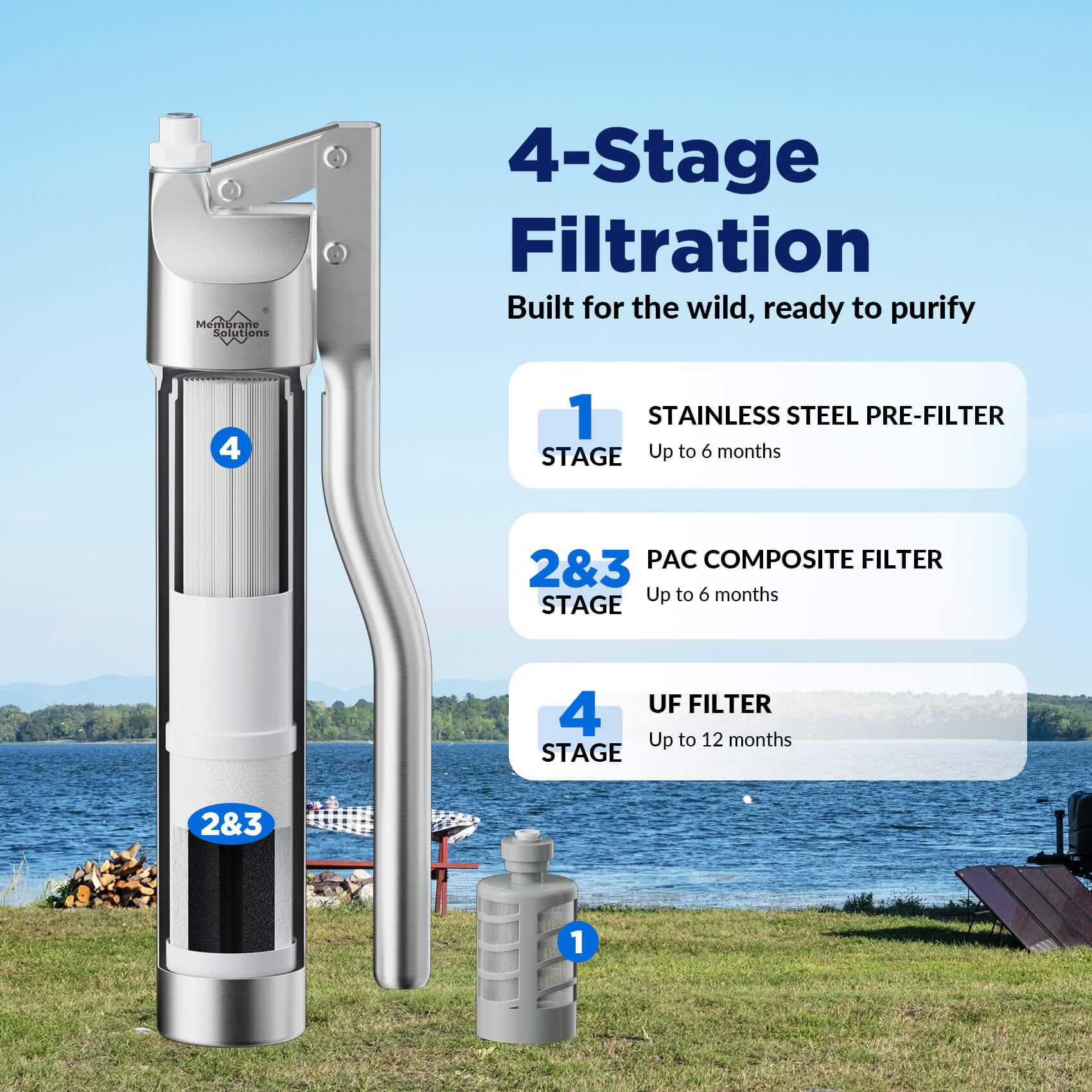Is alkaline water good for kidneys? Alkaline water has gained popularity in recent years, with some people claiming that it can improve overall health, including kidney function. The idea is that by consuming water with a higher pH level, the body's pH balance can be regulated, potentially reducing the workload on the kidneys and improving kidney function. However, the benefits of alkaline water for kidneys are still a topic of debate, with some studies suggesting potential benefits, while others caution about potential risks. In this article, we will explore the current evidence regarding whether alkaline water is good for kidneys/kidney stones/kidney transplant patients/dialysis patients/CKD patients and what else precautions should take for people who has kidney disease.
Explanation of Alkaline Water and Its pH Level

Alkaline water is water that has a higher pH level than regular tap water. The pH scale measures the acidity or alkalinity of a substance on a scale of 0-14, with 0 being the most acidic, 7 being neutral, and 14 being the most alkaline.
The pH level of regular tap water typically ranges between 6.5 and 8.5. Alkaline water, on the other hand, has a pH level of 8 or higher. This higher pH level is achieved through the addition of minerals, such as calcium, potassium, and magnesium, or through a process called electrolysis, which separates the acidic and alkaline components of the water.
1. Is Alkaline Water Good for Kidneys?
Properly drinking some alkaline water can be good for your kidneys. Let's see the benefits of alkaline water in the following content:
Balancing the body's pH levels: Some proponents of alkaline water believe that it can help balance the body's pH levels by neutralizing excess acid in the body.
Hydrating the body more effectively: Some studies suggest that alkaline water may be more easily absorbed by the body and therefore more hydrating than regular tap water.
Supporting bone health: Alkaline water is often rich in minerals, such as calcium and magnesium, which are important for bone health.
Boosting immunity: Some proponents of alkaline water believe that it can help boost the immune system and protect the body from disease.
Reducing kidney stone formation: Alkaline water may help reduce the risk of kidney stone formation by increasing the pH of urine, making it less acidic and less likely to form stones.
Supporting kidney function: What does alkaline water do to the kidneys? Some preliminary studies have suggested that alkaline water may help improve kidney function in individuals with chronic kidney disease by reducing oxidative stress and inflammation.
Reducing acidosis: Acidosis is a condition where the body becomes too acidic, which can cause damage to the kidneys. Some proponents of alkaline water suggest that it may help reduce acidosis and support kidney health, potentially reducing the risk of kidney damage or disease.
If you are interested in this, click blog: benefits of alkaline water to see more.
2. Is Alkaline Water Good for Kidney Stones?
Yes, alkaline water is good for reducing the risk of getting kidney stones. Kidney stones are mineral deposits that can form in the kidneys and cause significant pain and discomfort. Alkaline water has a higher pH level than regular tap water, which can help to neutralize the acids in the body that contribute to the formation of kidney stones.
But it is important to note that drinking alkaline water alone may not be enough to prevent kidney stones. A balanced diet, including adequate hydration and limiting high-oxalate foods, is also important in preventing the formation of kidney stones.
3. Is Alkaline Water Good for Kidney Transplant Patients?
In fact, it is currently unclear whether alkaline water is beneficial or harmful to kidney transplant patients. So the answer to queastion is alkaline water good for kidney transplant patients will depend on the specific conditions.
However, kidney transplant patients require close medical monitoring and must follow a strict regimen of medications and dietary restrictions to maintain the health and function of their transplanted kidneys.
In general, drinking enough water is important for kidney transplant patients to maintain good hydration and kidney function. It is recommended that they drink at least 8-10 cups of water per day, and their doctors may recommend additional fluid intake based on their individual needs.
4. Is Alkaline Water Good for Dialysis Patients?
Dialysis is a medical treatment that filters waste products and excess fluid from the blood when the kidneys are not functioning properly. Dialysis patients also require close medical monitoring and strict dietary restrictions to maintain their health and kidney function as transplant patients do.
However, it is important to note that dialysis patients may have fluid restrictions, and drinking too much alkaline water may disrupt the balance of fluids in the body. Additionally, dialysis patients may need to limit their intake of certain minerals, such as potassium and phosphorus, which can be found in some brands of alkaline water. Therefore, we do not suggest Dialysis patients drink much alkaline water.
5. Is Alkaline Water Good for CKD Patients?
Yes, alkaline water may be good for CKD patients in some ways. Chronic kidney disease (CKD) is a condition in which the kidneys are damaged and cannot filter blood properly, leading to the buildup of waste products in the body. There is some evidence that drinking alkaline water may have benefits for people with CKD.
One study published in the Journal of Nephrology found that drinking alkaline water improved the kidney function of patients with CKD, potentially by reducing the acidity of the blood and urine. Another study published in the Annals of Nutrition and Metabolism found that drinking alkaline water reduced the risk of developing CKD in healthy individuals. However, drinking too much alkaline water can increase the workload on the kidneys, potentially worsening kidney function and causing further damage. People with CKD should consult with their doctors before drinking alkaline water, as it may not be appropriate for their specific condition.
6. Is Lemon Water Good for Your Kidneys?

Yes, lemon water can provide various health benefits, including the potential enhancement of kidney function, when consumed in moderation. The presence of citric acid in lemons can prevent the formation of kidney stones, which is a common problem among individuals with kidney disease. However, it is crucial to avoid consuming excessive amounts of lemon water as high levels of citric acid can lead to a higher risk of developing kidney stones.
Other Factors Affecting Kidney Health

- High blood pressure
High blood pressure, also known as hypertension, is a common condition that can cause damage to the blood vessels in the kidneys over time. When blood pressure is consistently high, the blood vessels in the kidneys become damaged and less efficient at filtering waste and excess fluids from the body. This can lead to kidney disease or kidney failure if left untreated. Managing high blood pressure through lifestyle changes and medication can help protect kidney health.
- Diabetes
Diabetes is another common condition that can affect kidney health. When blood sugar levels are consistently high, the small blood vessels in the kidneys become damaged, reducing their ability to filter waste and excess fluids from the body. This can lead to diabetic kidney disease, which is a common cause of kidney failure. Managing diabetes through lifestyle changes and medication can help prevent kidney damage.
- Smoking
Smoking can cause damage to the blood vessels in the kidneys and increase the risk of kidney disease. Smoking can also cause inflammation in the kidneys, leading to kidney damage over time. Quitting smoking is an important step in protecting kidney health.
- Obesity
Obesity is a risk factor for kidney disease because it can increase the workload on the kidneys and put extra strain on the blood vessels that supply the kidneys. Obesity can also increase the risk of developing other conditions that can affect kidney health, such as diabetes and high blood pressure. Maintaining a healthy weight through a balanced diet and regular exercise can help protect kidney health.
- Dehydration
Dehydration can cause kidney damage by reducing blood flow to the kidneys and making it harder for them to filter waste and excess fluids from the body. When the body is dehydrated, the kidneys have to work harder to filter waste and excess fluids, which can cause damage over time. Drinking enough water and staying hydrated is an important step in maintaining kidney health.
In conclusion, while the effects of alkaline water on kidney health are not yet fully understood, research suggests that it may have some potential benefits for certain kidney-related conditions as we discussed above. If you believe the answer to is alkaline water good for kidneys is Yes and you are interested in trying alkaline water, it is important to consult with your doctor and a registered dietitian to determine whether it is appropriate for you. Additionally, consider investing in a high-quality water filtration system, such as the SimPure T1 6-Stage reverse osmosis alkaline water system, to ensure that you are drinking safe and high-quality alkaline water. By doing so, you can ensure that you are making informed decisions to support your kidney health and overall well-being.





